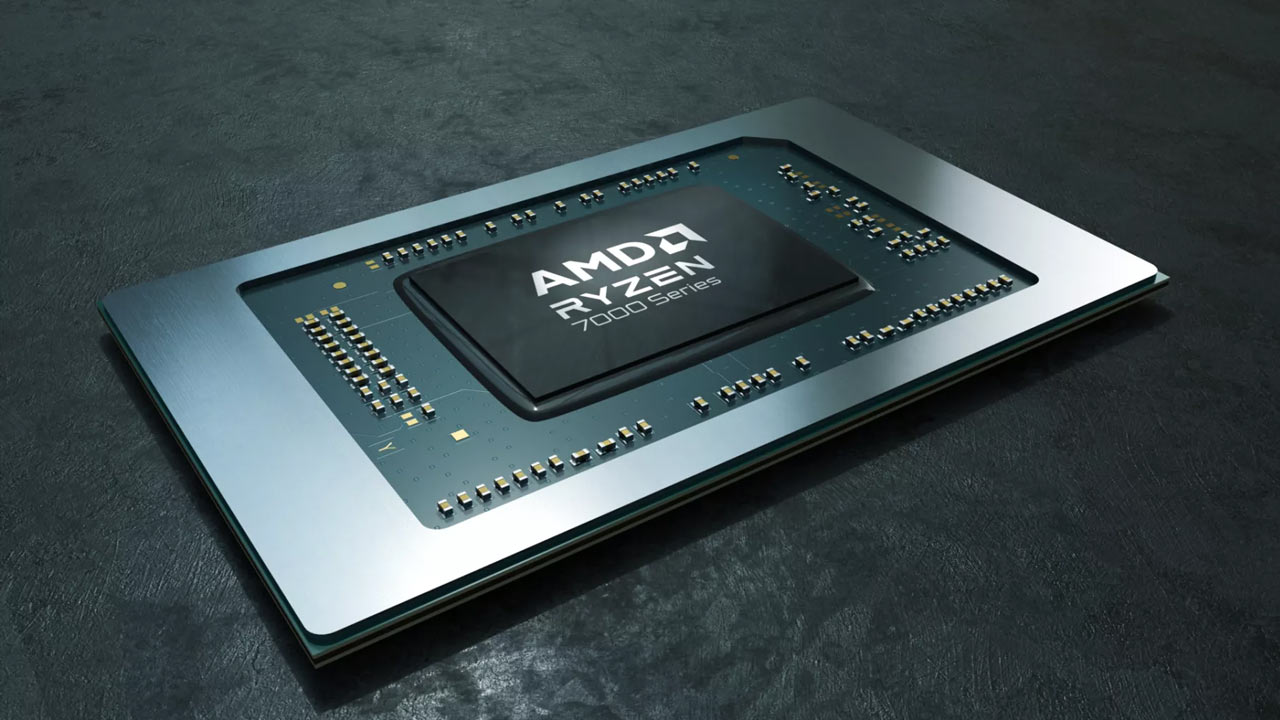
AMD has added support for its upcoming processors based on the next-generation Zen 5 microarchitecture into the GCC compiler. The 'znver5' is now a target in the GCC Git repository in time for the GCC 14.1 stable release, reports Phoronix. This move ensures that developers will have the necessary compiler support for Zen 5-based Ryzen and EPYC CPUs ahead of their launch later this year.
In February, AMD announced the addition of the Zen 5 target to the GCC compiler, introducing new instructions such as AVXVNNI, MOVDIRI, MOVDIR64B, AVX512VP2INTERSECT, and PREFETCHI. These enhancements build on the capabilities of the previous Zen 4-powered processors, offering improved performance and efficiency for AMD's upcoming processors for client and datacenter PCs.
The inclusion of Zen 5 support in the GCC compiler ahead of any product launches is a natural move by AMD as the company wants software makers to prep for its next-generation products. The addition of znver5 target to GCC allows software makers to optimize, fine-tune, and fully leverage capabilities of the new processors in their programs. As a result, software will be able to fully use the potential of Zen 5-based systems from day one.
Currently, the Zen 5 support in GCC uses the Zen 4 cost table, but AMD is expected to provide additional optimizations and enhancements in future patches. This ongoing development will further refine the compiler's ability to take full advantage of Zen 5's capabilities.
AMD is expected to release its Zen 5-based Ryzen and EPYC processors for client and datacenter computers later this year. Some of these CPUs will be made on TSMC's 3nm-class fabrication process, whereas others will rely on a 4nm-class manufacturing technology. It is projected that Zen 5-based processors will noticeably increase performance both in single-threaded and multi-threaded workloads.
What remains to be seen is when exactly AMD will release its Zen 5-based offerings. Some believe that this will happen at the end of the year, so it is reasonable to expect Zen 5-based systems on the shelves by the holiday season. Meanwhile, the ramp of next-generation EPYC will likely happen in 2025.







